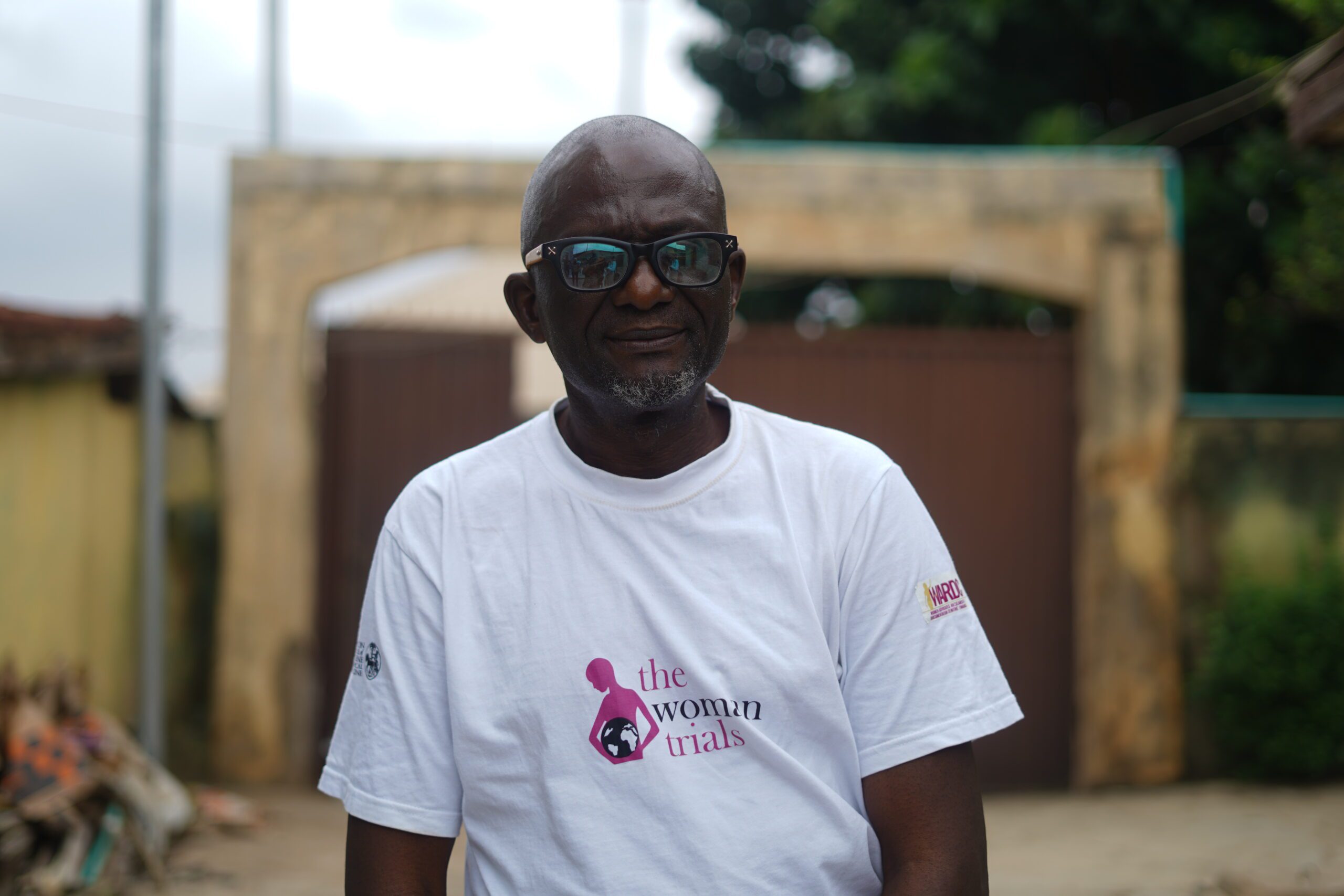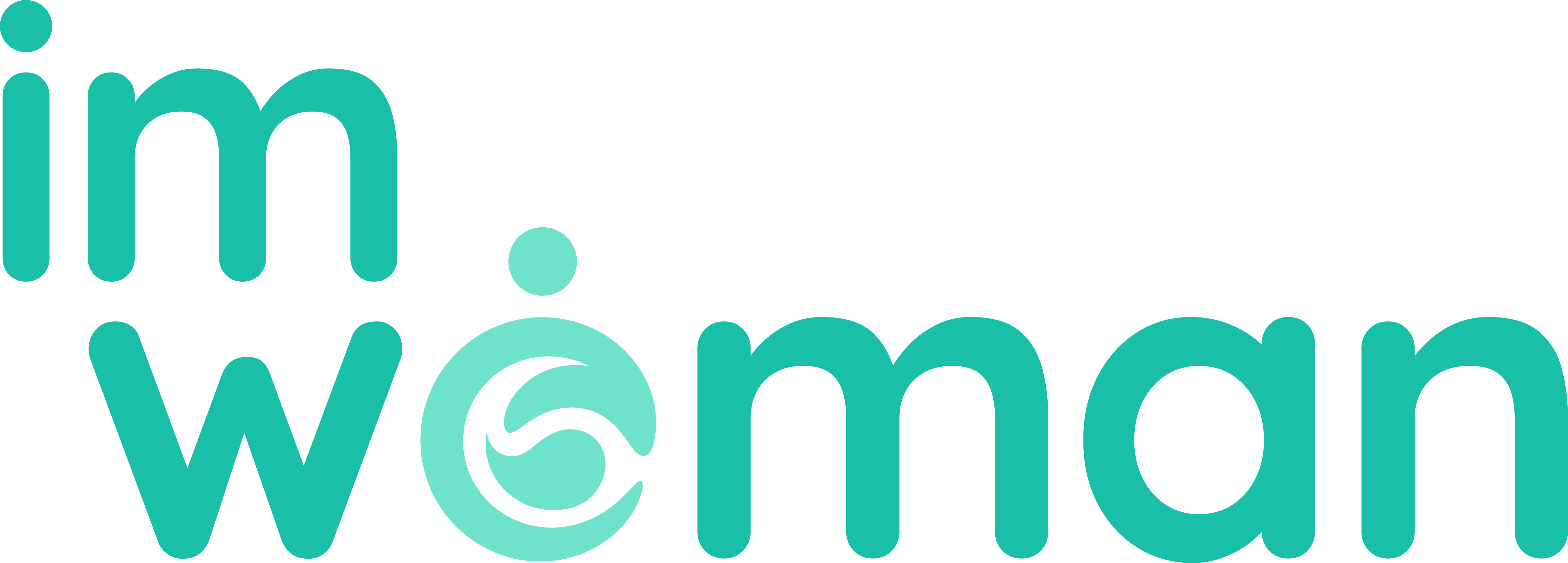The field officers at Women Advocates Research and Documentation Centre (WARDC) are committed to tackling maternal deaths in their communities by speaking to women and families directly about the dangers of postpartum haemorrhage.
In this series, we share how WARDC’s field officers are speaking with women at the grassroots to reduce Nigeria’s high rates of maternal deaths.
Ambassador Alhaji Lateef Kayode Akinborode, Founding Director of Community Women’s Rights Foundation, is WARDC’s only male field officer and has worked with the organisation for over ten years.
He shares that he has been advocating for women’s and children’s rights ever since losing his mother when he was just five years old.

Can you tell us about role as a community leader?
I support women in the community to protect their rights. Before this, I served as Community Development Association and Ward Development Committee as chairman, monitoring a primary health centre.
I always give passion to the women’s movement. I’m doing this work to protect the rights of women and their wellbeing.
What inspired you to get involved in maternal health advocacy?
I started this struggle when I was five, fighting for the rights of women, because my mum died for me.
Someone once told me that there was a plan to kill me, but my mum refused to let that happen. Instead, they took her life. That moment has stayed with me ever since.
When I was three years-old was in and out of hospital for two years with a sickness, but my doctor told my family not to check on me until I got better.
To my surprise, before my arrival back home, I realised that my mum had passed away.
When did you start advocating for women’s health?
It started with my own personal experience when my wife was pregnant. One night, she went into labour around 2:00am and I couldn’t find a car to take her to the hospital. I went around begging people for help, but no one answered.
She told me she was ready to deliver right there, and I said, “You can’t deliver here – I’m not a doctor, I’m not a nurse.” When my wife said she wanted to drop the baby, I started crying because the baby needed to be delivered.
Even when we finally got her to the hospital, I couldn’t carry the luggage back and forth. I supported her climb the overhead bridge to cross to other side of the express road, and it took almost three hours just to get to the bus stop. By the time I got her settled, she had already delivered.
The doctors wanted to do a caesarean section for another child then, and I was in the labour room with five of them, trying to decide what to do. I had to call one of them to say, “The baby is already coming.”
Since then, every time my wife went into labour, I made sure to carry a searchlight, because sometimes the hospital doesn’t have power, and the generator doesn’t work.
The government isn’t doing enough. They’re not supporting our women. When women get to the primary health centres, there’s often no care, not enough staff, not enough equipment. That experience is what pushed me to start advocating.
The Government are not doing anything. They are not assisting our women. When they get to the primary health centre the services are not there. There are not enough health workers.
What problems do women in your community experience?
Many women prefer to go to a local clinic and see traditional birth attendants (TBAs). I used to attend TBA’s meeting and monitor them to ensure any cases they cannot manage are referred to a government or accredited private hospital. I also help women register at the hospital to make sure they don’t have any issues.
We say if you need to complain you can complain to me. I will talk to them and make the changes. If they are not ready to adjust, I will write a letter against them, and they [Lagos state government] know me for that.
They know that whatever I say in respect of the rights of women, I will take it up against them.
Women with disabilities are also stigmatised by multiple referrals to general hospitals rather than being treated at the primary health care where there is access to doctors.
How can your work as a field officer help?
I think this project is really going to help a lot of women, especially those who are vulnerable – including women living with disabilities. When women are physically challenged, they either cannot deliver their baby, or they go home to deliver.
At the primary health centre, we realise women with disabilities are sometimes not treated, so they are referred to another hospital, and that referral alone can feel like a kind of stigma.
Some of these women have mobility issues – maybe their pelvis is too narrow, or they can’t move their legs or body easily. But since we have trained doctors at the primary health centre, they should be able to manage these cases instead of just referring them. These women deserve care close to home, like anyone else.
The TRANSFORM project, funded by Unitaid, aims to expand equitable access to tranexamic acid for women giving birth and has partnered with Women Advocates Research and Documentation Center (WARDC) to engage local communities in Nigeria to raise awareness of the dangers of postpartum haemorrhage and the benefits of using tranexamic acid to reduce deaths from PPH.

